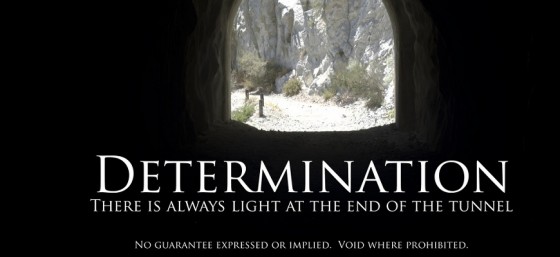Phoenix Comicon nearly started with a bang – literally. On the first day of the con, Mathew Sterling, arrived at the Phoenix Convention Center with a loaded shotgun, three handguns, and knives, allegedly intending to kill actor Jason David Frank and police officers. He was arrested and charged with attempted murder.
Following this incident, Phoenix Comicon changed its rule for the event and banned all prop weapons. Likewise, it instructed vendors who sell prop weapons to wrap them when completing a sale. This is where the problems between Ultrasabers and Phoenix Comicon began.
Ultrasabers sells replica lightsabers and was a repeat vendor at Phoenix Comicon. There was a dispute between the two, resulting in Phoenix Comicon demanding that Ultrasabers pack up their booth and vacate the premises on the Friday night of the con. It’s unclear exactly what transpired between these two companies. Ultrasabers and Phoenix Comicon each released a statement about this matter.
As a lawyer, one of my first thoughts when I heard about this situation was, “This is why contracts matter.” For full disclosure: I don’t represent either party in this matter. I didn’t write this vendor contract. I haven’t even seen it. I’m just an outsider looking in.
Contracts don’t exist for when things go right. Contracts exist for when things go wrong. A contract is a relationship management document; it helps prevent and/or solve problems between people in a relationship. It’s imperative that contracts are written with a thorough scope, and that the recipient review it thoughtfully before signing it, because if things take a downward turn, the contract will be the roadmap you rely on to achieve a resolution. Whenever a client or prospective client comes to me with a contract dispute, one of the first questions I ask is, “What does your contract say?” Footnote: The most common response I get to this question is, “We didn’t have one.”
In regards to Ultrasabers v. Phoenix Comicon, I don’t know what actually happened between the two or whether this situation is resolved at this point. I hope this issue was a reminder, or perhaps a wake-up call, to people who participate as a vendor or performer to read their contracts carefully before signing them. If you sign a contract and you later regret it, there may be nothing you can do to change the rules of that relationship at that point.
If you have questions about your contract needs, you can contact me directly or connect with me on Twitter, Facebook, YouTube, or LinkedIn. You can also get access to more exclusive content that is available only to people on my mailing list, by subscribing here.


